Arts programs always seem to be on thin ice; whenever school districts need to cut budgets, the fine arts are first on the chopping block. The recession, the No Child Left Behind Act and the general view of the arts as auxiliary subjects have all contributed to a decline in arts programs nationwide. This decline is at odds with general public opinion.
While more qualified people have made cases for public funding of the arts, I feel there is still more that needs to be added to the conversation. Usually, those that rally to keep the arts funded point to secondary benefits like higher graduation rates, higher SAT scores and increased student performance in general. While all of these arguments are valid, I don't think the argument even has to go that far.
My middle school years were spent in an arts choice school called the ACTS (Arts, Communication, and Theatre School) Magnet Program. This program exposed us students to great arts "focus" classes while encouraging interdisciplinary studies with the core subjects. The school is an amazing opportunity to understand art at a young age and consider the benefits of including artistic thinking in the classroom; they pushed us academically and creatively every day. As the ACTS handbook states, "An interdisciplinary, arts integrated approach is necessary to achieve the balance between the arts and academic curricula."
Personally, I believe these kinds of programs are worth every penny. The benefits of my particular experience are intangible; I still use some of the problem-solving skills I learned during that time and I continue to maintain an appreciation of the arts in general. Further, I have grown to appreciate the culture of foreign lands and peoples. A culture's music, dance or theater can teach one everything about that culture's traditions and perspective. Without ACTS, I am not sure I would have gone on to study Film and Digital Media, nor French as I am today. I was molded by this program and made better by it.
Of course, school districts are put in tough positions when they need to meet a certain bottom line. The narrative that schools are against arts if they cut a program is probably too harsh and not sympathetic to the struggle of balancing an ever-changing budget. That said, I think there may be a better place to slash spending than public arts programs.
I love football, but I believe the same idea applies to the professional and high school levels: public funds should not subsidize multi-million dollar stadiums.
I live in South Carolina where football is almost a religion so this opinion may be unpopular. I understand what football and other sports can bring to a community--unity, hope and Friday Night Lights. Obviously, others feel the same way; if money talks then paying a combined $122.8 million dollars on two high-school football stadiums within 15 minutes of one another certainly says a lot. This is just one example of schools using public funds in some way to subsidize what I don't believe are necessary projects. Further, big spending in one area shows just how important that area is to the community. The things that don't receive that amount of attention nor funds are obviously considered less important. What if we spent that money making art more accessible-- what would that look like for a community?
Sports programs offer unity for a community as people from all walks of life can cheer for one common goal. In the same way, accessible arts programs can provide unity; a community can be moved by a work or performance and challenged in some way to better understand those around them if given the chance. Imagine a community that calls on the youth to provide meaningful works of art that speak to their own problems and issues in much the same way we in the South already call on high school athletes to provide meaningful games for entertainment value.
Sports offer hope for at-risk youth and those that dream of one day becoming professional athletes and maybe taking a crack at the Olympics. We hear the stories of athletes like LeBron James or Pelé who channeled their angst and emotion into sport and ultimately became decorated champions despite their rough surroundings; both have won championships for their teams and their countries, and both have reached legendary status in their respective sports. When art is made accessible to at-risk youth, great things can also happen.
For instance, Jean-Michel Basquiat was born into poverty and had an awful home-life that he tried to escape from. When he channeled his emotions into art, he abandoned that life and became a positive influence to the community, using his art to critique the dichotomous system that he was raised in. He became one of the faces of Neo-expressionism and reached great heights before his untimely death. Andy Warhol was born to a working-class family and struggled with disease from a young age. Warhol was bullied and as a result became reclusive. He, of course, honed his art and became an icon that couldn't escape the spotlights on his life.
I think these four stories are equally valid; however, if money talks, school districts don't seem to agree.
The point is not that school districts are making a mistake cutting funding when, frankly, the funds don't exist. Districts don't need to spend $63 million on a theater anymore than they need to spend that on a stadium. The problem is that they seem to go out of their way to create funds for sports without giving the arts the same treatment even though arts programs have a wider range of active participants ("active participants" in sports means the players while "active participants" in art is anyone who picks up a brush, guitar or pen). It is interesting that our culture celebrates when schools materialize funds to subsidize sports teams, truly auxiliary subjects that add nothing to the classroom. Meanwhile, arts programs must rely on limited funding even though, by every measure, interdisciplinary study directly increases classroom performance.
I root for athletes in my hometown who show real promise and drive-- those that can really make it to the pros in whatever field or at least can land a scholarship to a school they otherwise could not attend; at the same time, I root for the kids who show true talent in the arts-- those that don't get their names in the newspaper every weekend though they are equally talented at their craft.
I wonder when schools will look at these two types of students equally.




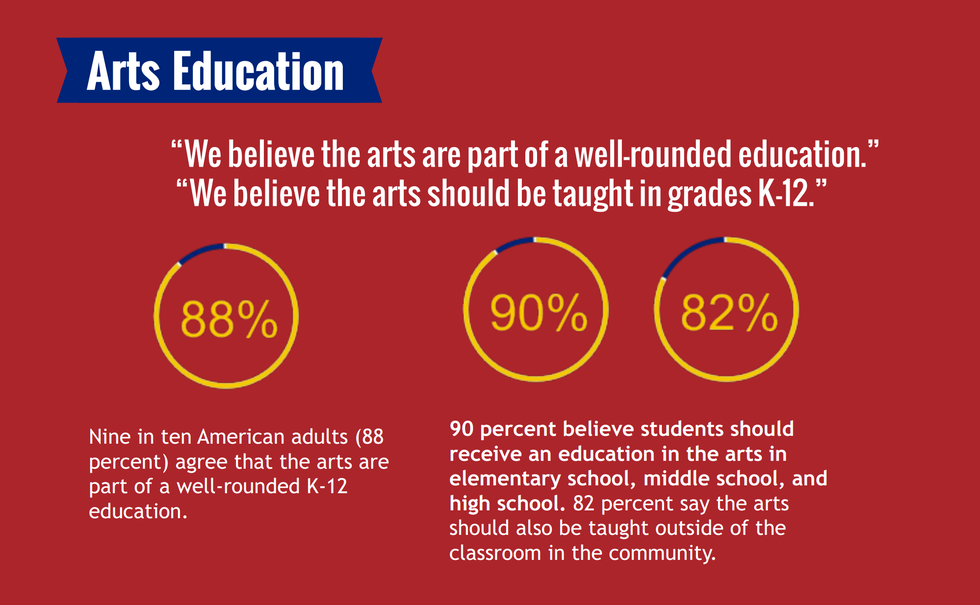
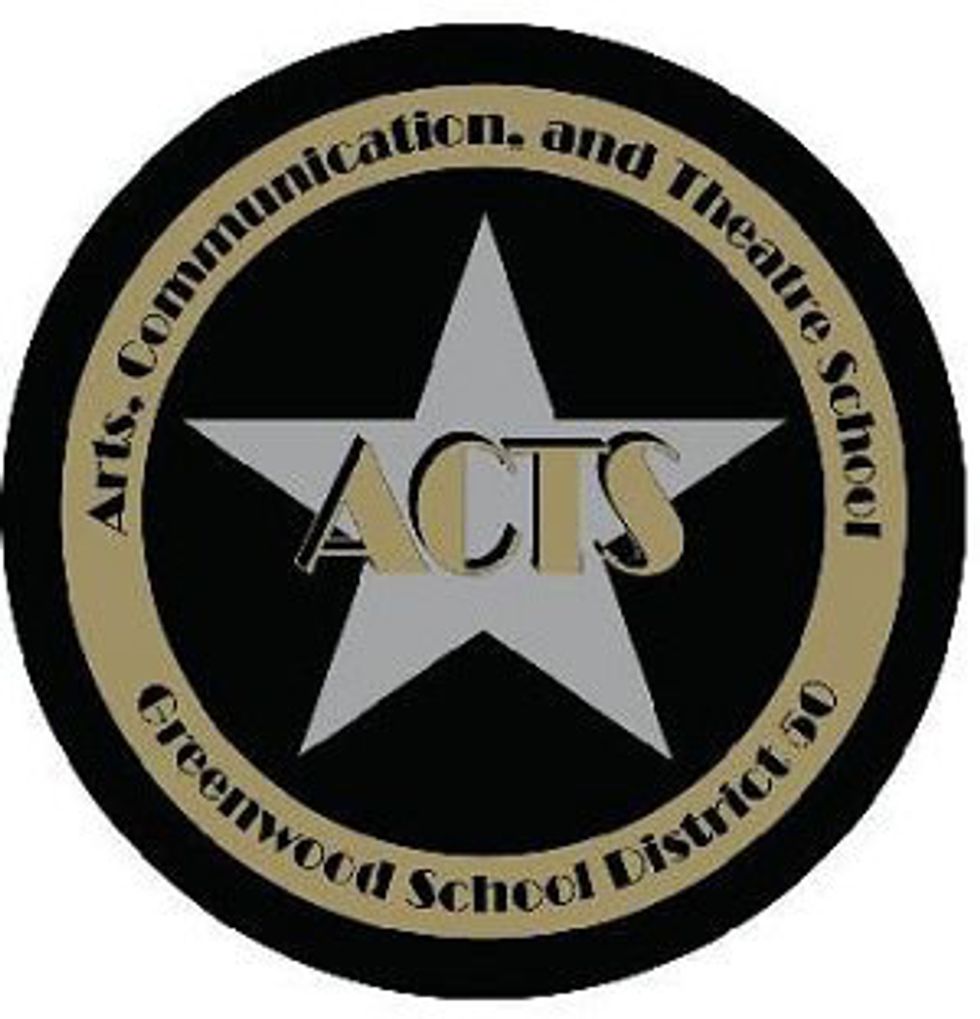
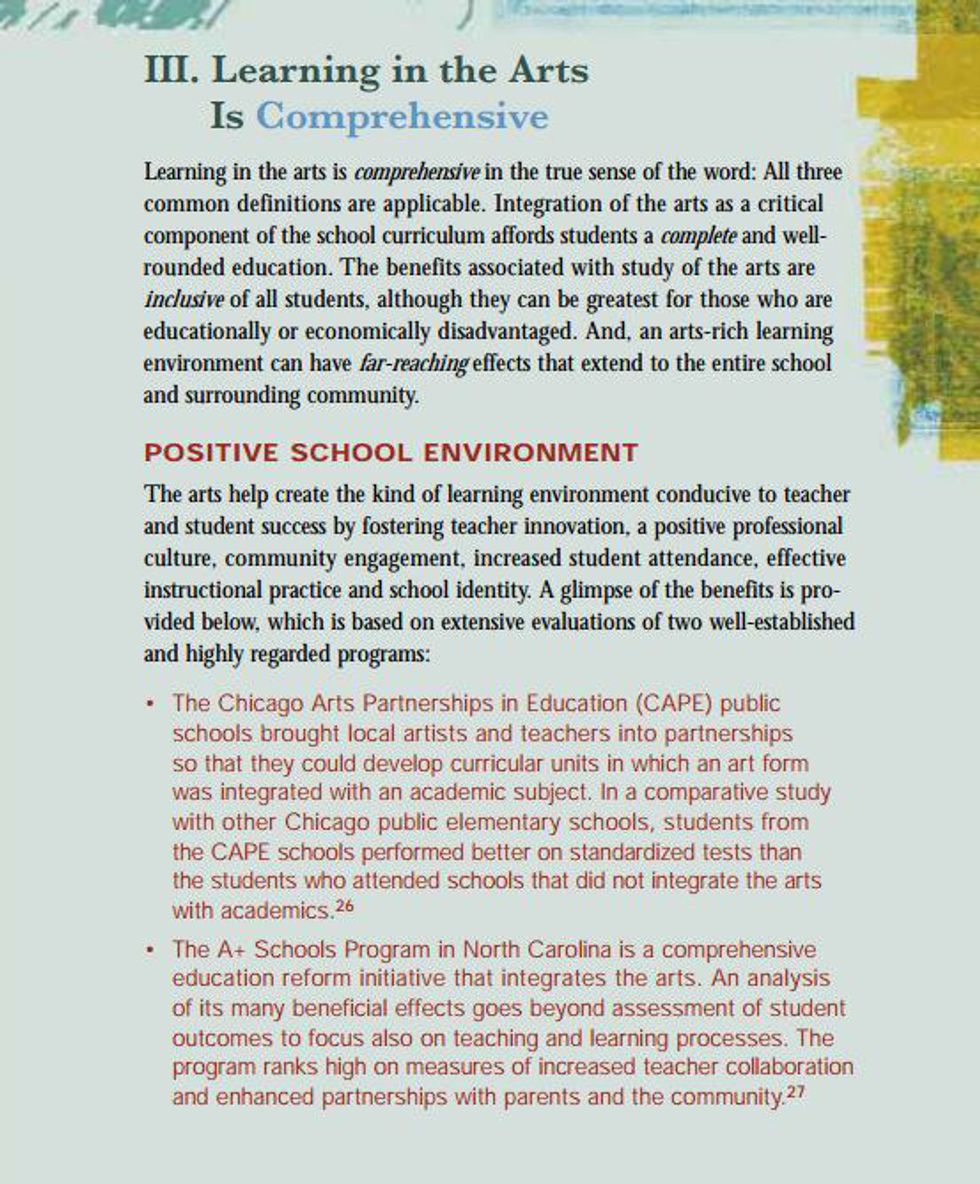
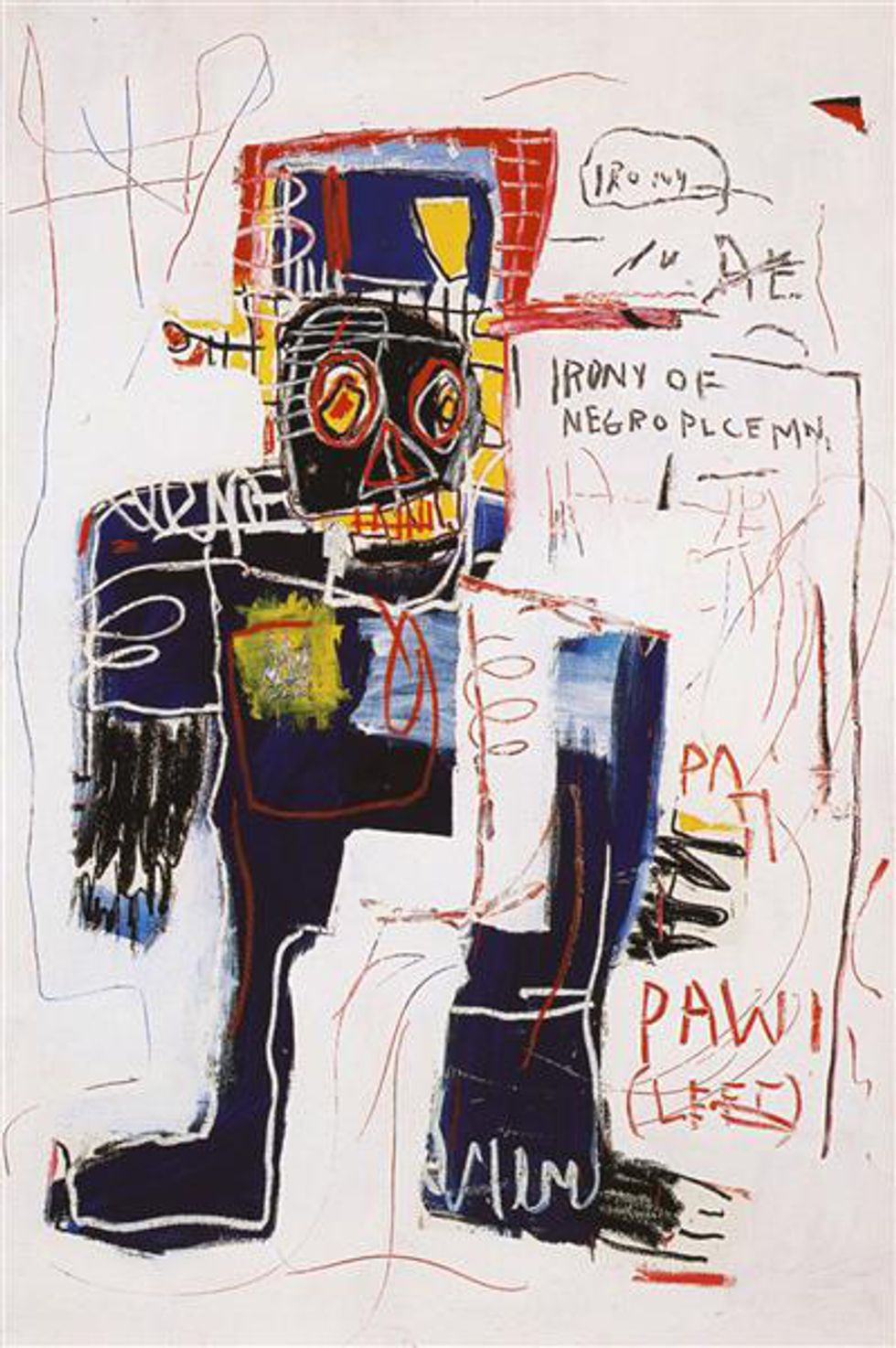
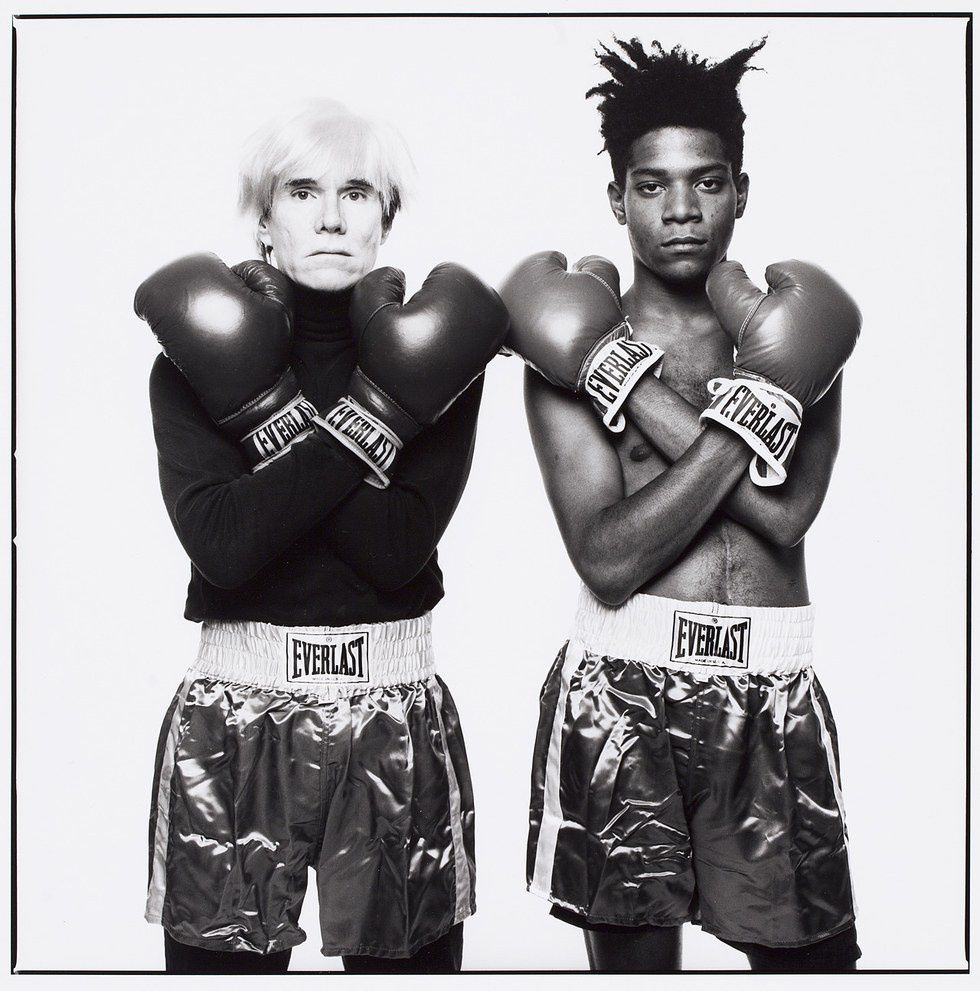




 The minimum wage is not a living wage.
StableDiffusion
The minimum wage is not a living wage.
StableDiffusion
 influential nations
StableDiffusion
influential nations
StableDiffusion











